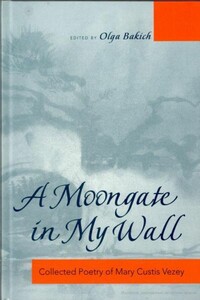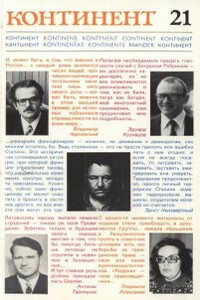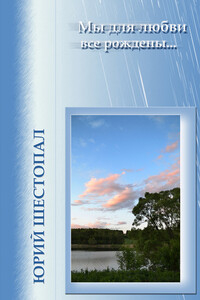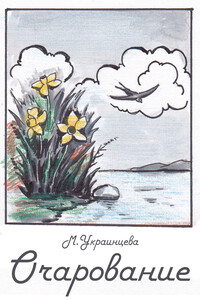A moon gate in my wall: собрание стихотворений - страница 3
Favourite poets of her childhood were A.S. Pushkin and M.lu. Lermontov. Adolescence and youth brought admiration for the Silver Age of Russian poetry, particularly for Alexander Blok, Nikolai Gumilev, and Anna Akhmatova. Blok was seen as the very essence of poetry: "in our youth we were 'discovering' Blok on our own, we fell in love with him, and this love stayed with us for the rest of our lives. (…) There will be no other Blok for us."[7]
In Harbin, Mary Vezey continued her education at the prestigious Girls' School of the Harbin Commercial Schools. Musia, as Russian friends called Mary, retained fond memories of this excellent Russian school and formed several lifelong friendships there. In 1921–1922, she studied at the North China American School run by the American Presbyterian Mission for children of American missionaries and other English-speaking foreigners, in the city of Tongzhou near Beijing. Her English poems of these years (poems 500, 501) and an imaginary diary of her future life as a painter appeared in the school annual N.C.A (The North China American)[8]. In the spring of 1922, Mary Vezey graduated from both the North China American School and the Harbin Commercial Schools[9], and worked for a couple of years as a secretary to Howard Lee Haag, Chief Secretary of the Harbin branch of the YMCA. The branch, opened in the early 1920s, maintained a Russian gymnasium, various professional evening courses for Russian emigres, and several sport and cultural organizations and activities.
In 1925, Mary Vezey sailed, via Japan, to the USA to study at Pomona College (presently one of the six Claremont Colleges) in Claremont, California; her major was Languages and Literatures. In her two academic years at Pomona, she participated in the YWCA, Le Cercle Franca is, the Daubers Art Club, and the Cosmopolitan Club, the latter promoting friendship and understanding between Americans and foreign students. She also worked on Metate, an annual publication by the junior class. Her poetry in English gained recognition, and she was invited to join the Scribblers Society, founded in 1913 by Professor William Sheffield Ament. Membership, limited to twelve, was by invitation only and based on writing ability. The Society's journal, Scribblers Magazine, renamed Manuscript in 1925, published her article "Chinese Poetry during the T’ang Dynasty" and two poems, one of which, "Chinese Serenade" (poem 69), was awarded an honourable mention by the journal Inter-Collegiate World and reprinted.[10]
Returning to Harbin, Mary Vezey worked for her father's newspaper and at various firms which required knowledge of both Russian and English. She continued to write poetry, but did not participate in the "Young Chu-raevka," a Harbin literary circle established at the YMCA by its Russian secretary, Harbin poet Aleksei Achair (Aleksei Alekseevich Gryzov, 1896–1960). Its young members (future Harbin and Shanghai poets Larissa Andersen, Georgii Granin, Valerii Pereleshin, Nikolai Peterets, Sergei Sergin, Nikolai Shchegolev, Vladimir Slobodchikov, Mikhail Volin, and others, most a little younger than she was) held literary and cultural evenings, invited guest speakers, and formed a poetry workshop to read and discuss their works. Henry Vezey was on the Board of Directors of the Harbin YMCA, and it is noteworthy that it was not one of the many Harbin Russian newspapers, but Henry Vezey's American Harbin Daily News that published six weekly issues of the circle's literary newspaper as a supplement.




